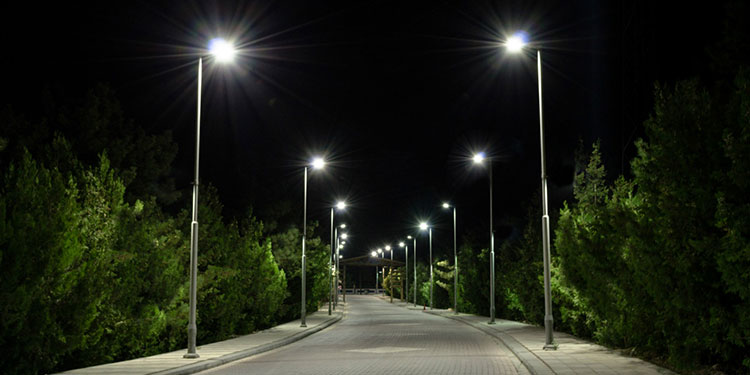
A complete late-night connecting exercise to improve street lighting in the city has been launched by the Nakuru County government in collaboration with the State Department for Housing and Urban Development. This initiative is in line with the United Nations Sustainable Goal 11, which aims to make cities and human settlements sustainable, inclusive, safe and resilient.
The purpose of this operation is to locate places in the Nakuru settlements that are either devoid of lamps or have been installed insufficiently as part of the second phase of the World Bank-funded Kenya Informal Settlement Improvement Project (KISIP).
In addition to providing light, the thoughtful placement of streetlights, according to Chief Officer for Housing and Urban Development Architect Kamau Kuria, would spur economic growth by giving locals a safe place to do business.
He made his remarks at a press conference held at the county headquarters.
He pointed out that the county’s tendency towards urbanisation has been matched by increasing environmental pressure and a faster-than-expected demand for land, affordable housing, infrastructure, jobs and basic services.
Furthermore, he stated that cities are more vulnerable to the effects of climate change and natural disasters because of their dense population, which emphasises the necessity of improving street lighting, particularly in informal settlement areas.
Kuria noted that Nakuru city has unintentionally become a 24-hour economy due to the current economic problems and that the county needs to assist and enhance security for all of the citizens who would be earning their living through hard labour.
Additionally, he claimed that since solar street lights are an environmentally friendly clean energy source that emits no harmful pollutants into the atmosphere, they are a game-changer for the nation.
